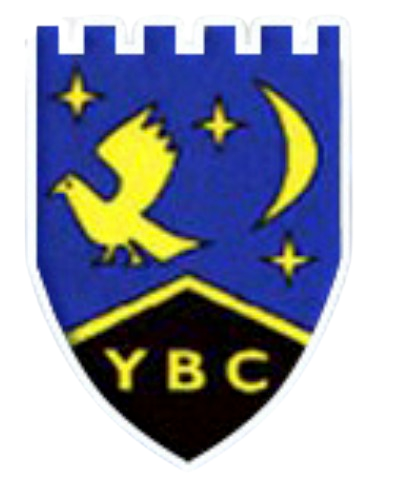NHS Letter - Scarlet Fever
Dear Parents/Carers
I am sure you will be aware of an increase in notifications of scarlet fever and invasive streptococcal disease. This infection mostly affects children aged under 10 years, and so outbreaks can occur in schools and nurseries.
Older children are also susceptible to streptococcal sore throats but may not have the rash of scarlet fever.
Signs and symptoms of scarlet fever
Scarlet fever, sometimes called scarlatina, is an infectious disease caused by group A streptococcus (GAS) bacteria (also known as Streptococcus pyogenes).
It is highly infectious and can be caught through direct contact with an infected person or through the air via droplets from coughs or sneezes.
The characteristic symptom of scarlet fever is a widespread, fine pink-red rash that feels like sandpaper to touch. Other symptoms include a high temperature, a flushed face and a red, swollen tongue.
Treatment is straightforward and usually involves a course of penicillin antibiotics.
Complications of scarlet fever and streptococcal infection
Most cases of scarlet fever cause no complications, especially if the condition is properly treated. However, complications in the early stages of the disease can include ear infection, throat abscess, sinusitis, pneumonia and meningitis.
You may find the information provided by the NHS and PHW useful in relation to any queries or concern you have about this current public health matter:
- https://www.nhs.uk/conditions/scarlet-fever/
- https://phw.nhs.wales/news/igas-infection-remains-rare-say-public-health-experts/
Recommended actions
- Parents of unwell children should seek medical advice for diagnosis and treatment
- A person with scarlet fever should withdraw from schools / settings for 24 hours after the commencement of appropriate antibiotic treatment
- Good hand hygiene and avoidance of spread of respiratory secretions (as per influenza- “catch it, bin it, kill it”) can help to prevent the spread of infection
Please do not hesitate to contact the school with any queries.
Thank you for your continued support.
Helen Ridout (Headteacher)
